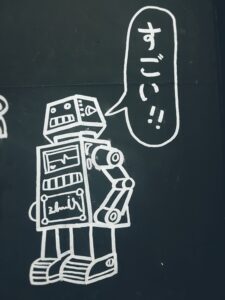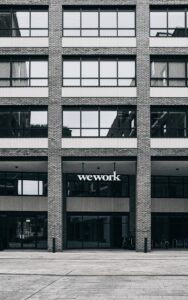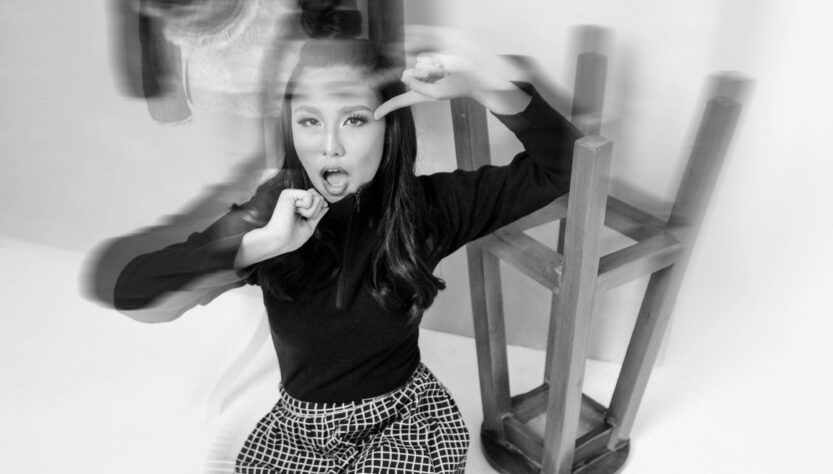Aws Yhya Abed Kashmoolah
You do not know what the Space X project is?! really? Have you ever been confused by not being aware of the fact that everyone seems to know? Or meeting a person who is fully convinced of something bizarre to you? Or shocked by the results of an election? These cases might be the result of your social bubble or the effect of an echo chamber!
The social bubble is a customized feed pushed to us by the algorithms of social media or search engines, that is pre-selected and aims to encapsulate us in a bubble full of opinions similar to us, the content we like to consume, and ads that might result in a purchase. The term bubble or filter bubble was first introduced by Eli Pariser (2011), who used it in his book “The Filter Bubble”, to describe the effect of social media filters (not the camera filters that make us pretty, the database filters) in predicting what types of online content social media users are likely to interact with and, subsequently, creating a universe for each user that presents “more of the same” in order to maximize clicks. Such aims set by social media and other platforms available in the digital landscape have reflected in isolating people with similar interests and subjecting them to a “feed” that ultimately makes them feel that there is no other side of the story and closes them off to new ideas, subjects, and important information.
Unlike traditional media, where a TV channel that supports a certain claim can be shifted to another channel with a single click of the remote control, in the new media, there is no such remote control. The crowd is providing the platforms with “big data” in the form of cookies (browsing information), likes, comments, follows, subscriptions, and ultimately records about our digital behavior. This data is then fed to algorithms which are nothing but huge calculations that take such data (input) and manipulate (processing) it, then gives results (outputs) in the shape of feed, suggestion, “content that you might like”, “people you may know” or “since you like this you might like that”. Being subjected to the same type of data by such algorithms is something very dangerous and alarming as “you don’t decide what gets in, and more importantly, you don’t actually see what gets edited out.”
But what if people willingly agree to be enclosed within the same content? Such a phenomenon is called the Echo Chambers which is tied closely to filter bubbles. The echo chamber was originally created by the news media where people decide to watch a certain channel or subscribe to a certain newspaper that supports their interest or political view or belief; however, with the rise of social media, it is happening in different forms and also helps to isolate people into groups and more importantly being more vulnerable to false news and conspiracy theories.
Echo Chamber refers to the enclosed media spaces where ideas and information are reinforced by repetitive actions and get amplified and accepted by individuals as undisputed. The Filter bubbles and Echo chambers were hot topics in the US elections of 2016 when the Cambridge Analytic company exploited the data of millions of Meta users (previously known as Facebook) to target users who are more likely to vote for Trump and in the Covid-19 pandemic, such concepts created variations in the vaccine attitude of people.
Lastly, it is worth mentioning that filter bubble and echo chambers are not backed up by many academic studies and researches as results mostly conclude that search engines like google and social media platforms like Facebook, Reddit, and Twitter are showing users all the colors of the spectrum and has a balanced feed but yet, algorithms are still an enigma to the public and to challenge or question a 2 trillion dollar businesses is a tough road.



Faculty of Administerative Sciences
TIU – Erbil
References:
- Jones-Jang, S. M., & Chung, M. (2022). Can we blame social media for polarization? Counter-evidence against filter bubble claims during the COVID-19 pandemic. new media & society, 14614448221099591.
- Herm-Morris, B. (2022). Education and the dislike society: The impossibility of learning in filter bubbles. Educational Philosophy and Theory, 54(5), 502-511.
- Hirschmeier, S., & Ockenga, T. A. (2022). Making Filter Bubbles Understandable.
- Falck, A., & Boyer, K. Online filters and social trust: why we should still be concerned about Filter Bubbles.
- Ross Arguedas, A., Robertson, C., Fletcher, R., & Nielsen, R. (2022). Echo chambers, filter bubbles, and polarisation: a literature review.
- Atkinson, P. (2022). Book Review: Are Filter Bubbles Real?.
- Gould, W. R. (2019). Are you in a social media bubble? Here’s how to tell. com.
- Pariser, E. (2011). The filter bubble: What the Internet is hiding from you. penguin UK.
- [TED]. (2011, May 2). Beware online “filter bubbles” | Eli Pariser [Video]. Retrieved September 29, 2022, from https://youtube.com/watch?v=B8ofWFx525s&ab_channel=TED

